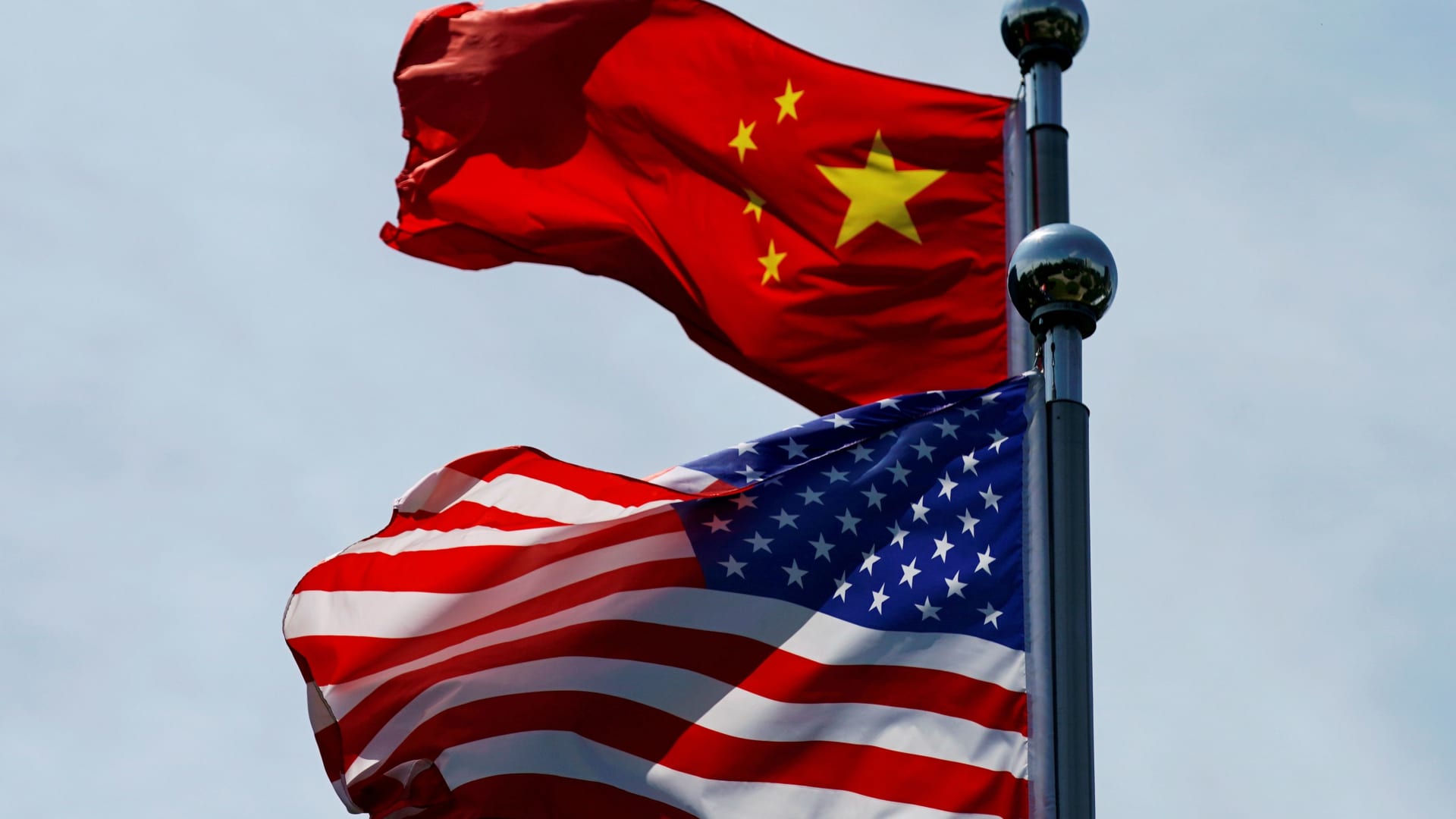This week in the United States regulation, the Trump 2.0 trend of frantic digital asset lawmaking continued, with three new bills in a span of two days. This included legislation affecting where block reward miners source their energy, how Americans can invest their retirement money, and which foreign-owned companies can register with the U.S. commodities regulator.
Incentivizing miners
First, U.S. Senator Ted Cruz (R-TX) rounded off March by introducing the ‘Facilitate Lower Atmospheric Released Emissions (FLARE) Act,’ which would decentralize electricity sources and promote on-site energy generation to strengthen grid resiliency during periods of high demand or extreme weather.
The bill would also incentivize entrepreneurs and block reward miners to utilize natural gas that would otherwise be stranded.
“I am committed to making Texas the number one place for Bitcoin mining,” said Cruz. “This bill takes advantage of Texas’s vast energy potential, reinforces our position as the home of the Bitcoin industry, and is good for the environment.”
The bill addresses the practices of “flaring” and “venting,” which are controlled processes to dispose of gas, usually for emergency and safety purposes, but also in situations where it may not be feasible for the gas to be used, exported, stored or re-injected; flaring being the ignition of the gas, and venting the release of unignited gas. These processes naturally result in potential energy resources being wasted.
In practical terms, the FLARE Act would allow businesses to immediately deduct the full cost of specific equipment that takes in natural gas and converts it into electricity or other useful energy rather than spreading out the deduction over several years. This financial incentive encourages more companies—such as large-scale computation centers or block reward mining operations—to invest in equipment that turns wasted natural gas, which would otherwise be flared or vented, into usable power.
The announcement of the FLARE Act was endorsed by The Digital Power Network, an organization that spearheads policy advocacy for block reward mining.
Hailey Miller, Director of Government Relations and Public Policy for The Digital Power Network, praised the bill for creating “strong incentives for industries, including Bitcoin mining, to turn wasted energy into productive use cases that strengthen the grid and drive economic growth.”
“By providing permanent full expensing for infrastructure that captures and utilizes flared gas, the bill creates strong incentives for industries, including Bitcoin mining, to turn wasted energy into productive use cases that strengthen the grid and drive economic growth,” Miller said.
She added, “Bitcoin miners are uniquely positioned to help reduce emissions by harnessing stranded and wasted energy sources, and the FLARE Act ensures that American energy producers have the tools to deploy cutting-edge solutions that make our energy markets more efficient and resilient.”
The FLARE Act also includes a provision prohibiting entities owned by China, Iran, North Korea, or Russia from utilizing this cost recovery option. This concern over certain rival nations profiting from the U.S. policy was mirrored in one of the following day’s bills.
Tuberville double bill
A day after Sen. Cruz introduced his FLARE Act, fellow Republican Senator Tommy Tuberville (R-AL) reintroduced two pieces of legislation related to “protecting American cryptocurrency.”
In addition to voicing concerns related to custody and recordkeeping, valuation, and the evolving regulatory environment, the DOL’s guidance suggested that fiduciaries offering digital assets in 401(k) plans could face investigations and legal scrutiny under the Employee Retirement Income Security Act (ERISA).
“Meddling in 401(k) investments through overregulation restrains financial growth and restricts personal liberty,” said Tuberville. “The federal government, which is $36 trillion in debt, shouldn’t be telling anyone how to invest their money. My bill ensures that hardworking Americans have the financial freedom to make decisions about how to invest their retirement savings.”
The Financial Freedom Act—whose reintroduction was cosponsored by Sen. Cynthia Lummis (R-WY)—would make it easier for investors and fiduciaries of retirement plans to invest in digital assets without the risk of additional regulatory scrutiny and repercussions if money is lost.
Prohibiting Chinese digital asset companies
The second of Tuberville’s April 1 bills was the Prohibiting Foreign Adversary Interference in Cryptocurrency Markets Act, which would prevent the Commodity Futures Trading Commission (CFTC) from registering a digital commodity platform that is owned in whole or in part by an entity organized or established in China.
It also requires the CFTC to revoke the registration of any digital commodity platform in the event an entity with ties to the Chinese Communist Party (CCP) acquires all or any part of the ownership of the entity.
The press release for the bill argued that digital commodity platforms collect and store user’s personal information—including Social Security numbers, mailing addresses, and financial account data—therefore allowing such entities based in the People’s Republic of China (PRC) to access this information “raises serious concerns.”
“For four years, the Biden administration put America last – bowing to China at every turn and allowing our adversaries to get ahead,” said Tuberville. “Thanks to President Trump, those days are over. Crypto is the future, and we have to make sure our markets are protected from bad actors like China who want to destroy us. This critical bill will protect our markets and make Americans safer.”
The rhetoric is very much in keeping with an increasing focus on the ‘China threat’ since the election of President Trump last November.
Trump’s long-running campaign against China, which recently culminated in the introduction of 34% tariffs on Chinese imports, has clearly seeped into the bones of the Republican party.
Evidence for this can be seen in Sen. Cruz’s FLARE Act, which included a specific provision related to Chinese companies, while Sen. Tuberville’s bill seeks to keep Chinese companies out of the U.S. digital asset market entirely.
Tuberville also made no bones about his personal opinions on the geopolitical issue, as the press release for the Prohibiting Foreign Adversary Interference in Cryptocurrency Markets Act noted: “Senator Tuberville believes the CCP seeks to overtake the United States as the top global superpower and that America must face China’s growing military and non-military threats with clear-eyed resolve.”
It stated that the bill will “help to wall off the burgeoning U.S. digital asset industry from Chinese interference and help to ensure continued American leadership in financial innovation.”
All three bills will now enter the lengthy and tumultuous U.S. legislative process, where they will eventually face separate votes and separate fates. But as all three tow the party and Trump lines—which are essentially the same nowadays—they have a decent chance of success.
Watch: Breaking down solutions to blockchain regulation hurdles
title=”YouTube video player” frameborder=”0″ allow=”accelerometer; autoplay; clipboard-write; encrypted-media; gyroscope; picture-in-picture; web-share” referrerpolicy=”strict-origin-when-cross-origin” allowfullscreen=””>




Leave a Comment